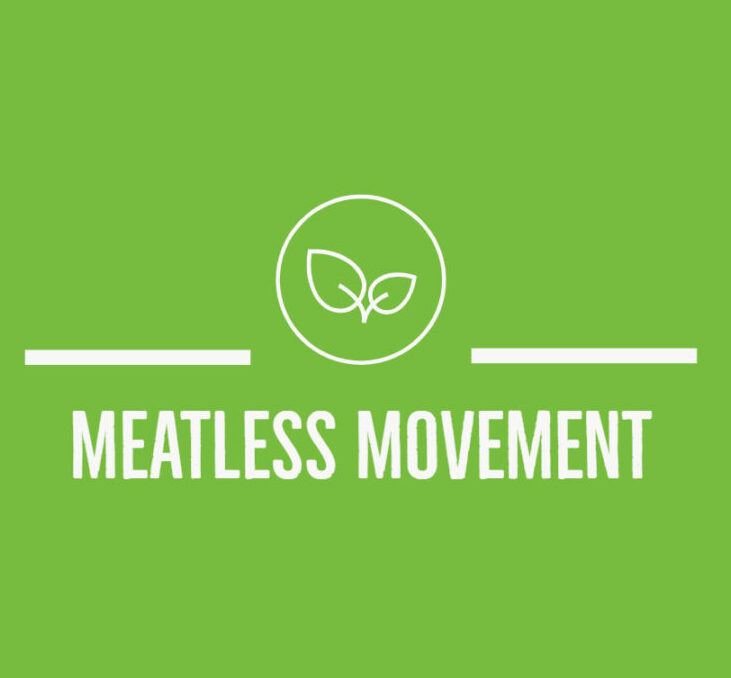Lala’s journey began in her home kitchen, where her fascination for flavors and techniques led her to explore a wide range of culinary styles. Her innovative recipes, coupled with her innate talent for creating visual feasts, caught the attention of food enthusiasts around the world. As her expertise grew, Lala’s culinary endeavors evolved, eventually leading her to establish herself as a sought-after professional baker.
However, Lala’s talents extend beyond conventional cooking. As a dedicated plant-based eater, she has embraced the vibrant world of plant-centric cuisine, showcasing the incredible flavors and benefits of this lifestyle. Her innovative plant-based dishes not only tantalize the taste buds but also inspire individuals to adopt a more sustainable and health-conscious way of eating.
Meatless Movement had the opportunity to chat with her recently.
Join Lala as she invites you to explore the realm of culinary delights, from comforting classics to inventive plant-based marvels. Her journey from a home cook to a professional baker and plant-based advocate is a testament to her dedication, creativity, and love for the art of cooking. Get ready to immerse yourself in a world of flavors, textures, and aromas that will awaken your senses and leave you craving for more.
Tell us more about yourself, please
And I’m on a mission to show people that vegan food can be delicious and approachable.🔥
Cooking Live with Lala
I was born in a small fishing village in North Eastern Canada. Our diet consisted heavily of fish and hunted land animals. But even as a child, I gravitated towards plants. I always really preferred to eat the side dishes. I especially loved fruit and veggies.
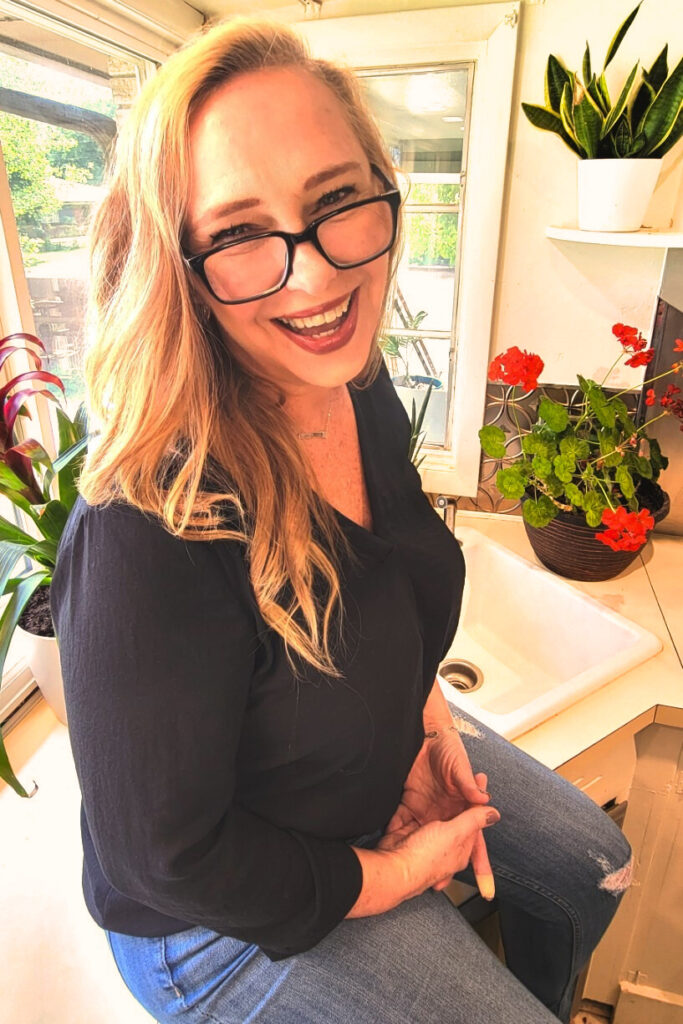
As I became an adult, I really loved to cook. Not only cook, but also bake. I’ve owned a sweets business in the past and I really enjoyed baking and decorating cakes and creating many other sweets. Although today I’m much more health focused so there aren’t many treats in my diet.
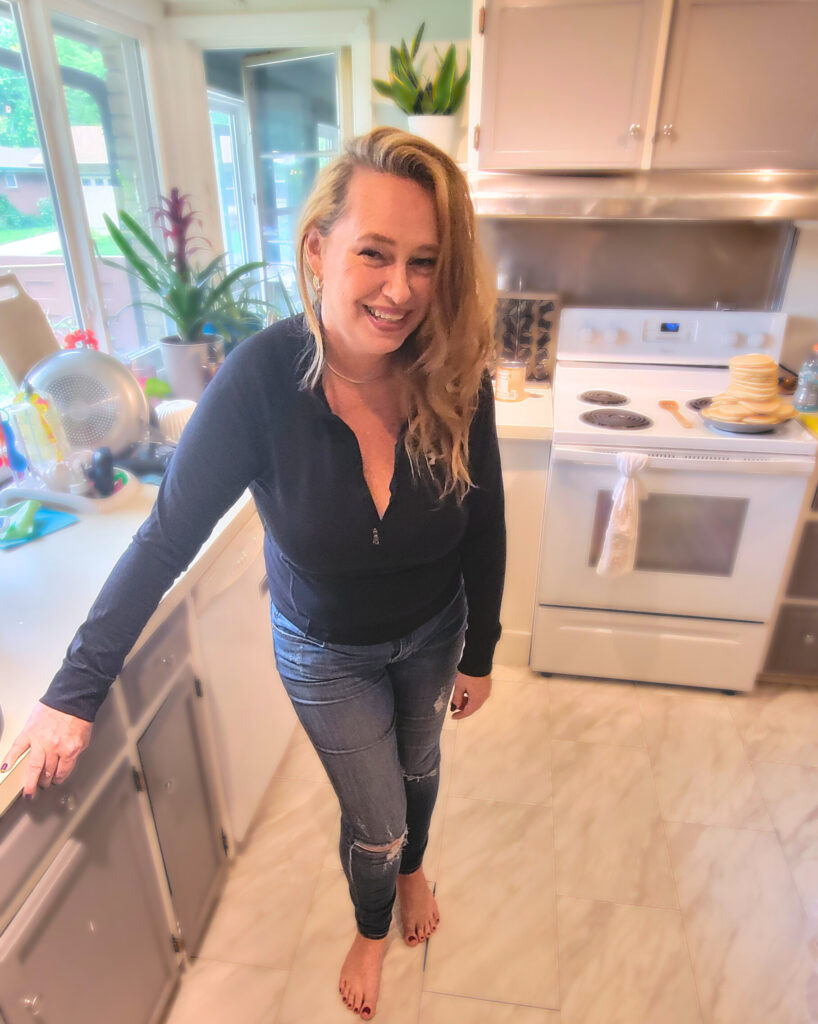
What caused you to go vegetarian or vegan? How long have you been one?
I had gone vegetarian and vegan several times throughout my life, but had always failed. I always had a strong draw towards animals not being food. This was all before social media and I never knew anyone who was also interested in not eating animal products. There were also times that the people in my life, constantly attempted to coerce me into eating meat. While this was a long time ago, I haven’t forgotten how disrespectful and hurtful I found this behavior.
Finally, I was able to go vegan and stick with it. I think there being such a big social media presence gives me the support that I always needed. Looking back, I truly wish that I could have stuck with it even without any support. I’ve been vegan for almost 4 years and definitely do not see myself ever consuming animals again.
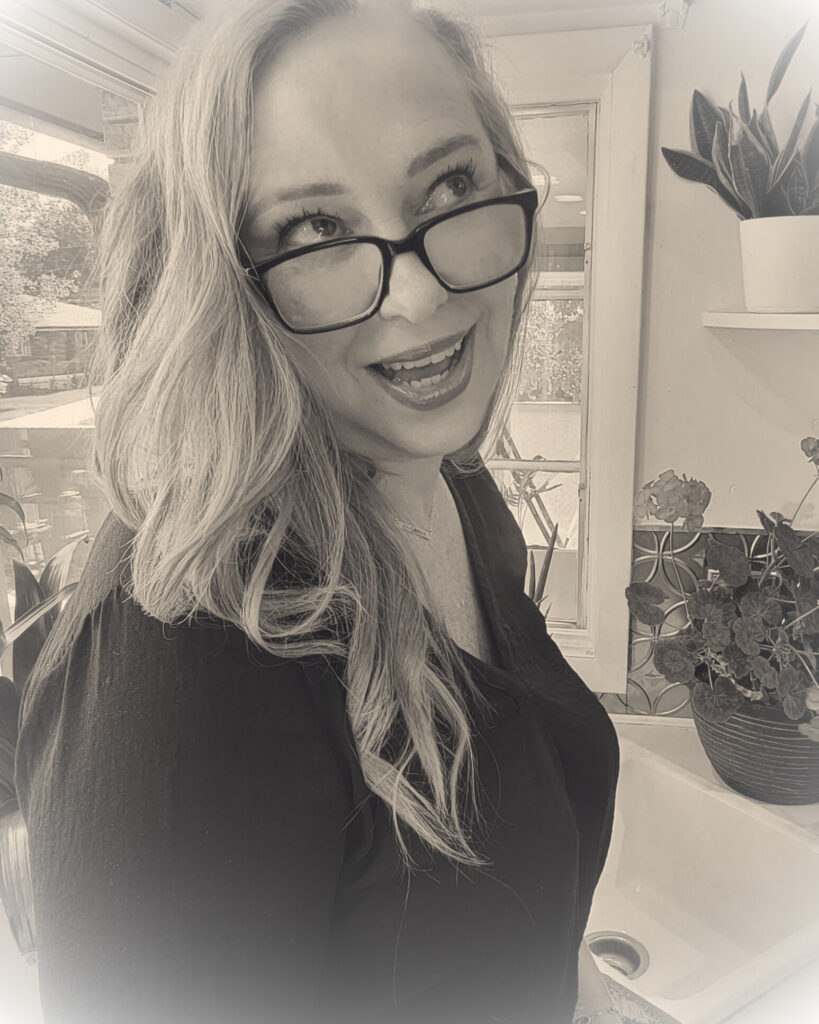
What are some challenges in eating out as a vegan or vegetarian?
There are so many delicious vegan recipes out there that are just as satisfying as their non-vegan counterparts
Cooking Live with Lala
I don’t really find any issues with being a plant-based vegan in eating out. I can go to restaurants if I choose and always find something to order.
I think it’s very easy with Mexican restaurants and Asian restaurants. Plus I find that restaurants seem to be fine with me asking for just steamed veggies and rice or beans and rice, even if I don’t order a full meal. I’d like to add that there have still been several times that animal products were in the vegan meals that I’ve ordered. I actually prefer to eat at an all vegan restaurant because then I don’t have to question what I’m eating.
One challenge for me is eating with people who do consume animal products. I find that it often has a smell, which is repulsive to me. And I can’t help thinking about the poor animal that lived and died a cruel death just to end up on their plate.
How do I feel about being a vegan?
I really enjoy being a vegan. It’s always been important to me to listen to my ethics, although I have had issues being vegan in the past. I think for those of us who are ethical vegans, we always want to do more. We always wonder, what am I not doing that could be helpful towards our cause?
I also wish more people understood better why people are vegan. I see a lot of hate against vegans, which is pretty mind-boggling to me. I believe that part of the issue is that non-vegans just feel badly when they are around us.
They know that we are trying to live according to our ethics and they don’t want to have ethics about animals because they believe that they will suffer mostly from no longer enjoying the foods they would eat as a vegan but also due to misconceptions regarding the health of vegans.
How would I tell a non-vegan to eat meatless food?
I would like everyone to know that not only can meatless foods be great for your health, animals and the planet – they can taste amazing. I can take any animal free food and make it taste really fantastic. We are never bored with the meals that we eat in my home. Watch my show, “Cooking Live with Lala” to learn more about cooking great meals using plants.
What’s your advice for someone wanting to go meatless?
For anyone interested in becoming vegetarian or vegan, my advice would be to take it easy. While some people do drop animal products overnight, the majority of us take our time. When I became vegan for good, I started by dropping land animals from my diet, then it was dairy and so on. I took my time and it took about 9 months for me to get all of the animal products from my diet.
I also think new vegetarians and vegans should be very forgiving of themselves. I can’t imagine that there’s even one vegan who hasn’t accidentally consumed an animal product. It happens. Best to learn from it and move on.
Recommend some good places or food:
The most simple foods are often the best
Cooking Live with Lala
This is where my show, “Cooking Live with Lala” comes in. While I would love people to consume more plants in their diet, I hear a lot of talk about how plants don’t taste good or how vegans suffer because the only foods that taste good come from animal products. And this just is not true. I’m actually surrounded by vegans and vegetarians in my life. None of us think our diet is unfulfilling at all. We eat amazing foods on a daily basis.
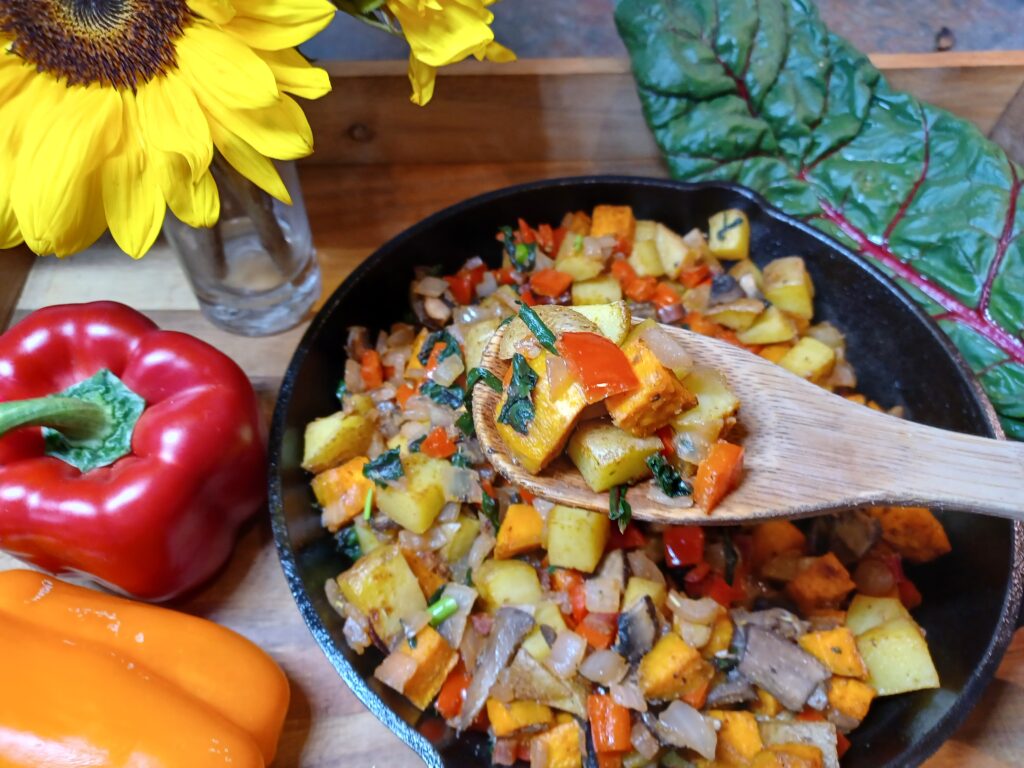
The purpose of my show is to teach people how to eat plant foods that are extraordinary. I show viewers how to make really vibrant, flavorful foods that are easy to make and very nutritious. While I truly love all of the dishes featured on my cooking show, some of my very favorites include the Sweet Potato Chickpea Curry and Thai Inspired Salad. They are both filled with lots of fresh produce, have very vibrant flavors and are nutritious to boot. Every Thursday I air a new cooking show and I’d love to see more people tune in and try some vegan and plant-based meals.
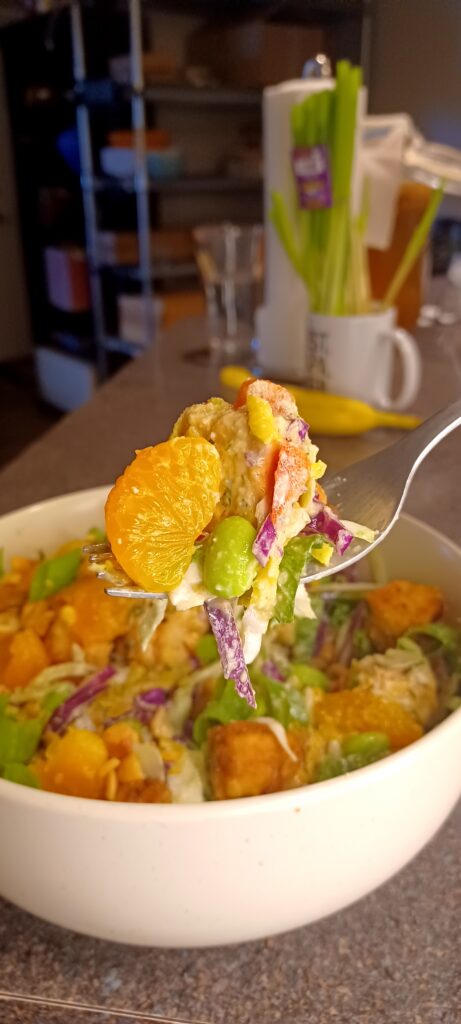
What are some misconceptions about being vegetarian or vegan? How do you explain or educate?
I know a lot of people think that vegan food is boring or that it’s all about deprivation. 😞But that’s not true!
Cooking Live with Lala
I think there are quite a few misconceptions about being vegan. One is that vegans cannot be healthy. I remember when I told my dad and he said to me, “you’re gonna die.” He was completely serious. There are a lot of people that don’t know that vegans can be healthy. It seems that the general consensus is that vegans are too thin, weak and don’t eat protein.
Prior to becoming a plant-based vegan, I was obese with ever increasing blood pressure, cholesterol levels, and fasting blood sugar. My diet and some exercise were instrumental in losing 55 pounds and bringing blood sugar, cholesterol, and blood pressure into normal, healthy levels.
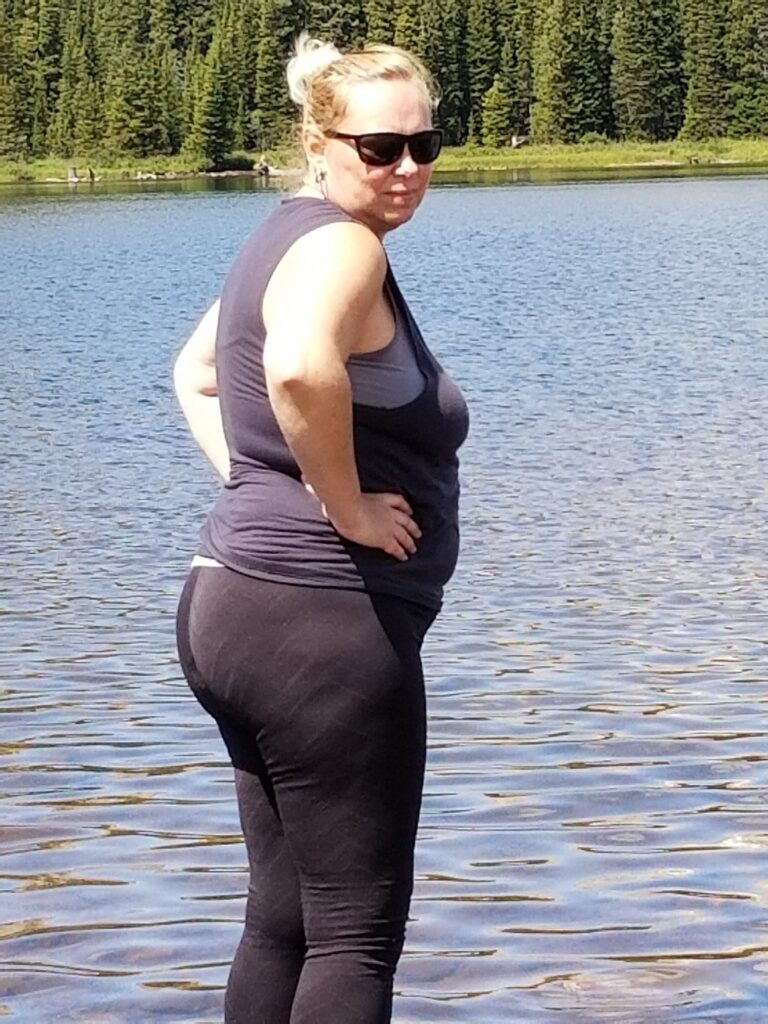
Thanks to social media and youtube, any person can have a channel or page and state whatever alternative facts they want about nutrition.
There are channels that actually tell people that eating vegetables is unhealthy. And in my experience, the general public knows very little about nutrition. Many actually do not know that grains, beans and vegetables often have quite a lot of protein. And in first world nations, dying of protein deficiency is almost unheard of.
I wish that people understood that eating a healthy diet is imperative for a long, healthy and happy life. I also wish people understood that eating plants can be very fulfilling.
I have a playlist of vegan food recipes that are sure to satisfy your cravings.
Cooking Live with Lala
I also have another video series called, “Ask Lala.” In this series I answer simple questions that people may have about veganism or about being plant-based. I’m also trying to share some very basic nutrition information to the public. I truly believe that many people do not understand how detrimental the Standard American Diet is to their health and longevity.
Some of the questions I’ve answered include explaining the difference between being vegan and plant-based, what plant-based means and how to get more plants into one’s diet.
My socials:
- YouTube: Cooking Live with Lala
- Instagram Cooking_Live_with_Lala
- Facebook: Cooking Live with Lala
- TikTok: Cooking Live with Lala
Closing Remarks:
There are 2 things here that are important to me. The first is that I’m an ethical vegan. I am fortunate to live in an area where I can get wholesome plant foods. So, it’s pretty easy for me to not only be a vegan, but be plant-based.

The second is that I am plant-based. About 95% or more of my diet comes from either whole foods or very minimally processed foods such as dried beans and tofu.
It’s very important to me to be a very healthy version of myself. I am fortunate enough to have 5 grandkids. I’d like to stay around as long as possible for them. I’d like to see them grow and always be an important part of their lives. This is also why exercise is an important part of my life as well. And I think it’s good to set an example for kids in regards to exercise. When they see me exercise, they want too as well.
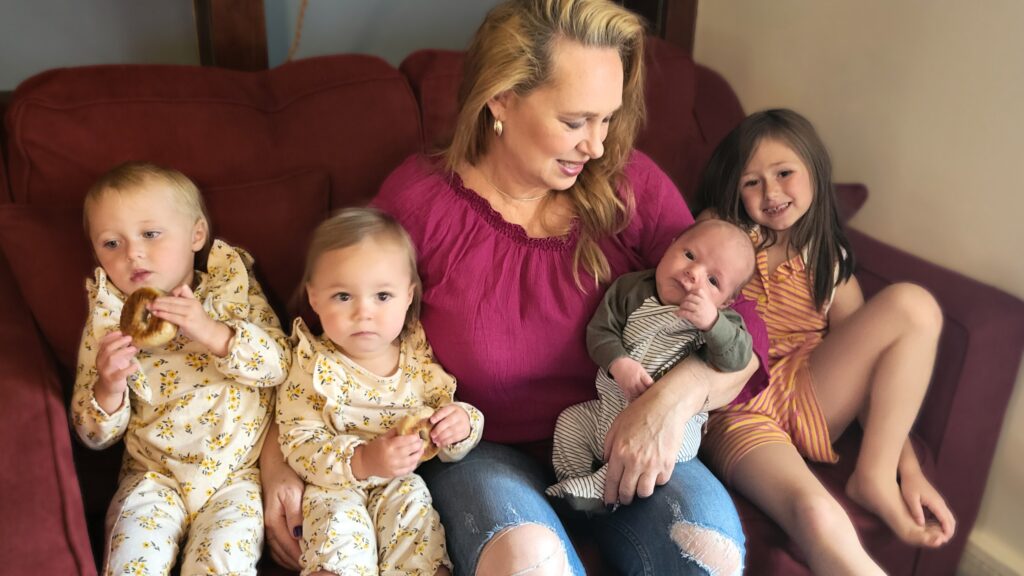
I also like to teach my grandkids about eating healthy. 2 of my grandkids are vegetarians and did consume meat at one point, but no longer do. The other three have never consumed any animal products and are being raised as plant-based vegans.

There is another point I’d like to make about veganism. I think we have a messaging problem.
Some vegans believe that the best way to convince people to go vegan is to be very direct and forceful about the ethical and environmental issues of animal agriculture. They may use graphic images or videos of animal cruelty, or they may make strong statements about the immorality of eating meat.
While I understand their passion, I think this approach can be counterproductive. It can turn people off from veganism and make them defensive. Instead of considering the arguments for veganism, they may simply dig their heels in and continue to eat meat.
I believe a more effective way to promote veganism is to have conversations about the environmental impact of animal agriculture, the ethical treatment of animals, and even the health benefits of being vegan. We can also share delicious vegan recipes and meal ideas. By focusing onthe positive, we can make veganism more appealing to people and encourage them to give it a try.

I’d like vegans to remember that the majority of us did consume animal products at some point in our lives. I think a good approach is to meet people where they are and give them solutions that would allow them to start adding more plants into their diets, which means they would consume less animals. Which is the main purpose of my show, “Cooking Live with Lala.”
I would really like to see omnivores and vegans come together and be more respectful of each other. I think anyone who loves animals should learn about the treatment of animals as a food source and consider having more plant-based meals. And I’d like to see vegans be more accepting because future vegans need a starting point. Let’s not scare them off before they get started.
Cooking Live with Lala
I cook plant-based, gluten-free meals every Thursday at 6pm Eastern on YouTube. Watch my show for vegan recipes every single week.
all images courtesy of Cooking Live with Lala
